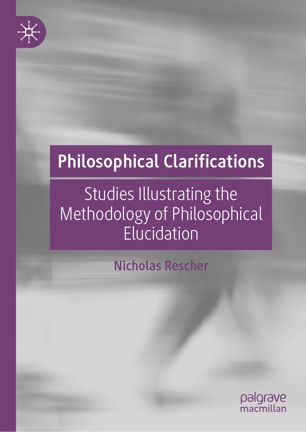

Most ebook files are in PDF format, so you can easily read them using various software such as Foxit Reader or directly on the Google Chrome browser.
Some ebook files are released by publishers in other formats such as .awz, .mobi, .epub, .fb2, etc. You may need to install specific software to read these formats on mobile/PC, such as Calibre.
Please read the tutorial at this link: https://ebookbell.com/faq
We offer FREE conversion to the popular formats you request; however, this may take some time. Therefore, right after payment, please email us, and we will try to provide the service as quickly as possible.
For some exceptional file formats or broken links (if any), please refrain from opening any disputes. Instead, email us first, and we will try to assist within a maximum of 6 hours.
EbookBell Team

4.0
66 reviewsThis book is an integrated series of philosophical investigations that offers significant new insights into key philosophical concerns ranging from methodological issues to substantive doctrines. Consisting of three sections, it first deals with the nature of philosophizing itself and seeks to illustrate the project from the angle of the pragmatic tradition. The second section is devoted to issues of knowledge and how the cognitive project goes about producing results that are cogent and objective. The third and closing section considers how the ideas and perspectives of these considerations can be applied and implemented in various matters of personal judgment and practice.